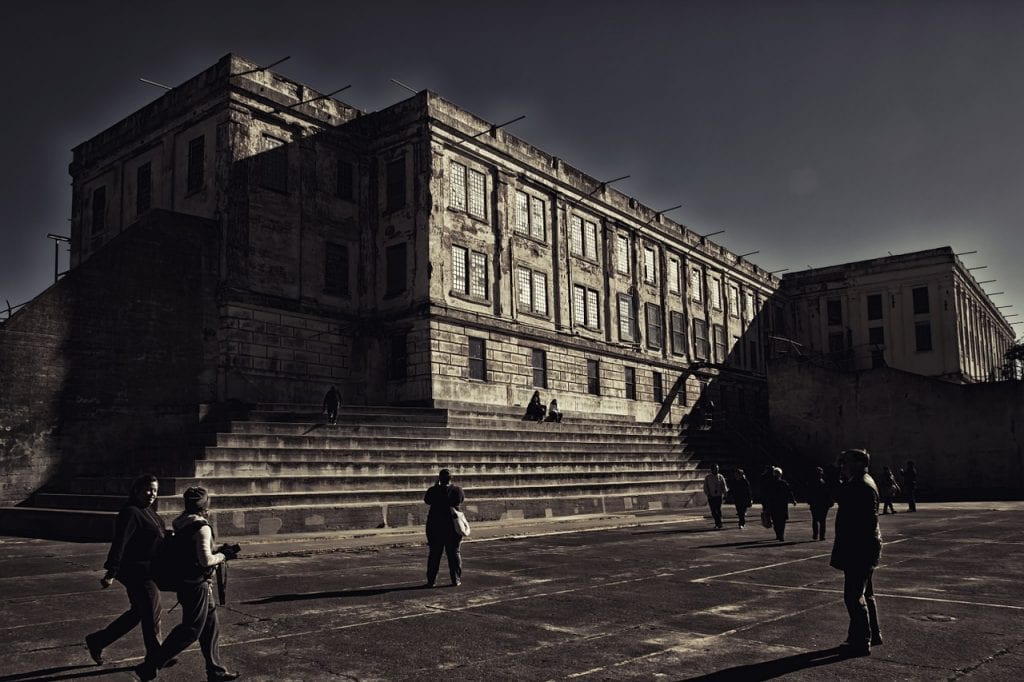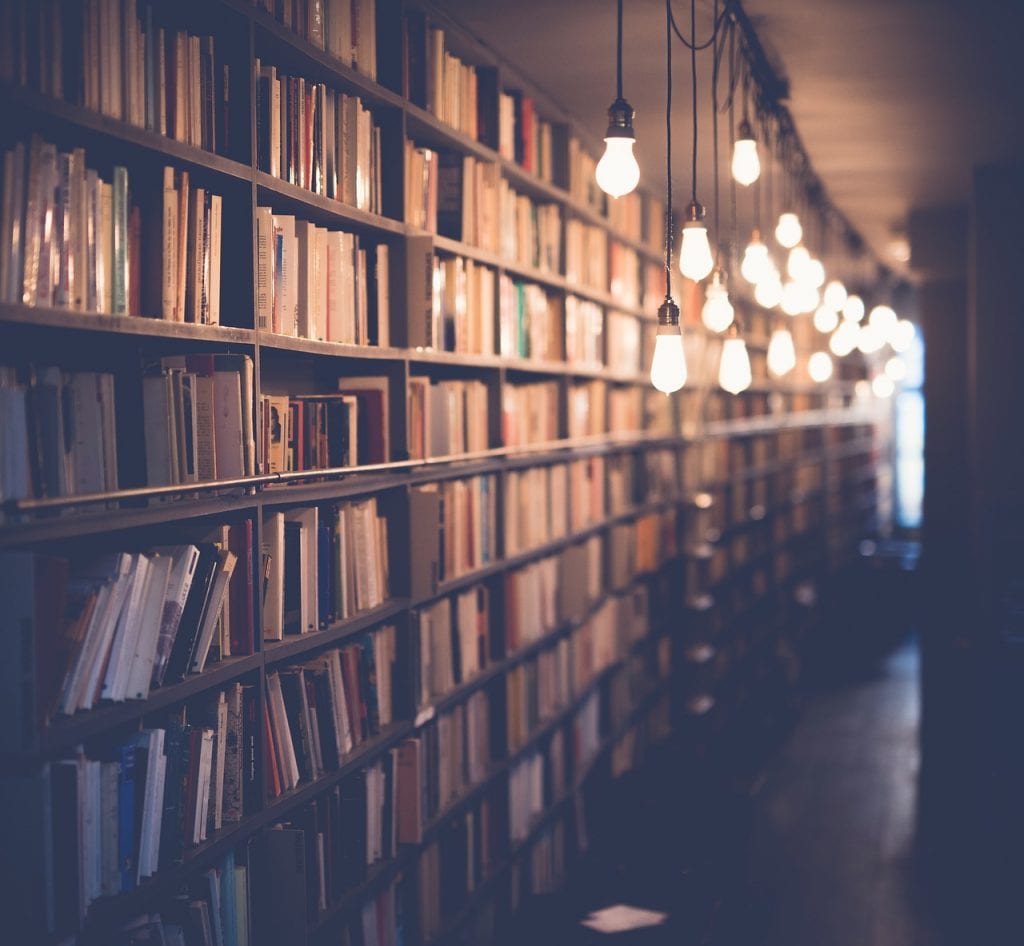
8300 / Pixabay – Institution – School or prison?
Reading is a vital skill for learning at school and success in later life. There is multitudes of research to show that an early exposure to books has a direct correlation to literacy success. This success during formative schooling years often translates to ameliorated schooling outcomes in primary and high school, increased self esteem and overall positive well being. Unfortunately, substandard literacy skills often convert to poor education outcomes, decreased earnings and lower health outcomes. Thus it seems fairly obvious that literacy needs to be the forefront of the education system to ensure that our young citizens have the best chance at a successful and happy future.
But the statistics are dreadful. ABS (2013) reports that over 40% of Australian adults lack sufficient literacy skills to cope with daily life. This is astounding! For a first world nation this is unacceptable. How does this even happen in Australia?
Softlink (2011) research indicates that literacy levels are proportional to the presence of a school library and a qualified teacher librarian. This is further corroborated by UNESCO (2016), that libraries are the keystone in which literacy is built and promoted upon. By this token, it seems plausible that all educational facilities have a library and librarian.
Australian correctional centres have embraced this life long learning challenges by mandating that all prisons, jails, correctional facilities and detention centres have a library on site (ALIA, 2015). These libraries serve three main causes, to provide information for personal development; to improve educational outcomes and for recreational purposes (ALIA, 2015). Bevan (1984) takes the point further to ensure that detainees are encouraged to read and to have access to the library.

StockSnap / Pixabay
What a marvelous thing this is? I wish our children had the same access.
Yes, it is true. All inmates of correctional centres have the right to access a library which is run by a qualified librarian. Yet in Tasmania less than 50% of schools have a teacher librarian. Victoria has seen the numbers of qualified teacher librarians drop significantly over the past decade (Better Beginnings, n.d.). Well meaning but unqualified teachers and or assistants are resourcing the library and implementing literacy goals for our students, and it is not working out.
Once again, society bemoans the inadequacies of our children in their reading and writing without actually thinking as to the cause of it. Blame is flung eagerly at social media, inattentive parents, flying pigs and the like. But the real reason why our children’s literacy levels are deteriorating is because the information expert is absent from the school context.
The 2011 House of Representatives inquiry into schools and their libraries detailed the importance that teacher librarians bring to schools and their community. UNESCO (2016) Institute for Lifelong Learning published a policy dictating how libraries support lifelong literacy. Even the Bevan (1984) Institute of Criminology has mandated that prisoners get access to a library and books in order to improve well being and increase their chance of re-entering society.
Why can’t we give our children the same chance as we give the incarcerated?
References
ABS (2013) Programme for the International Assessment of Adult Competencies, Australia, 2011-12. Retrieved from http://www.abs.gov.au/ausstats/abs@.nsf/Lookup/4228.0Main+Features202011-12
ALIA (2015) Australian Library and Information Association Minimum Standard Guidelines for Library Services to Prisoners. Retrieved from https://www.alia.org.au/about-alia/policies-and-guidelines/alia-policies/prison-guidelines
Better Beginnings (n.d.) Research about Literacy and reading. Retrieved from https://www.better-beginnings.com.au/research/research-about-literacy-and-reading
Bevan, C., (1984) Minimum standard guidelines for Australian prisons 1978 (Editor), Australian Institute of Criminology. Retrieved from https://aic.gov.au/publications/archive/min-standard-guidelines-prisons
House Standing Committee on Education and Employment (2011) School libraries and teacher librarians in 21st century Australia. Retrieved from https://www.aph.gov.au/parliamentary_business/committees/house_of_representatives_committees?url=ee/schoollibraries/report.htm
Peschers, G (2011) Books Open Worlds for People Behind Bars: Library Services in Prison as Exemplified by the Münster Prison Library, Germany’s “Library of the Year 2007”. Library Trends 59:3 pp520-543
UNESCO (2016) Libraries and literacy using libraries support nation literacy efforts. UNESCO Institute of life long learning. Retrieved from http://uil.unesco.org/literacy/libraries-and-literacy-using-libraries-support-national-literacy-efforts-uil-policy-brief-6
The Hub (n.d.) Statistics available on school libraries in Australia Softlink’s Australian School Library Survey 2011. {Blog} Quality school libraries in Australia. Retrieved from https://hubinfo.wordpress.com/background/few-statistics/